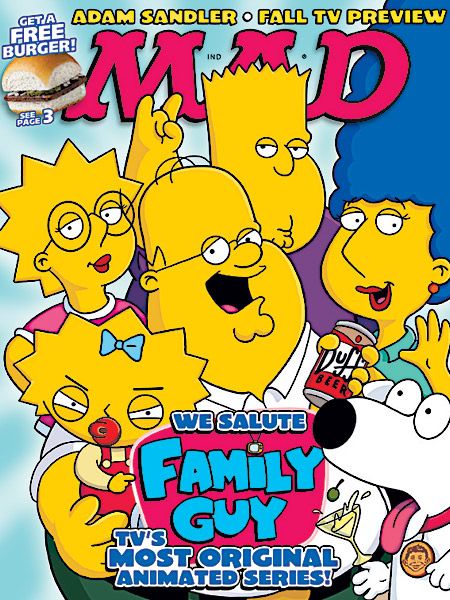I Couldn't Sleep At All Last Night
Yesterday I had a checkup at the doctor's office. Got the prostate exam for the first time, which was a thoroughly unpleasant experience. I mean, it wasn't horrible. It didn't hurt, and it was over in 5 seconds, but it just wigged me out. I feel like I need counseling. As I was lying in bed last night, I kept involuntarily clenching. My wife had very little sympathy, having lived through several pap smears. Honestly, I don't know how women can stand the whole penetration thing.
She kept asking me if she had a fever, and I wasn't sure, but I think that's because I had one too. All I know is, it was dreadfully hot when I went to bed, but then I woke up around 11:30 freezing. I covered up, but I was having such chills that I decided I must have a fever, and got up to take some aspirin. As I walked to the bathroom, I began violently shivering. I mean, to the point where I could barely get the aspirin open because I was shaking so hard. So I put on sweat pants and socks, went back to bed, and of course woke up an hour later sweating.
I had one of those strange dreams where you dream that you're lying in bed awake, you know? I had the TV on with no sound, watching cartoons. I saw this very clearly, this cartoon coming on. The title card was a close-up of a cukoo clock, and the title read "In Der Nacht Closet," and then the cukoo came out and cukooed, and then an English translation. The cartoon was about owls, and looked much like "I love to sing-a." But the sound wasn't all the way off, so I got up to turn it off, and somehow changed the channel. Come to think of it, just before it changed, it wasn't the owl cartoon anymore, but Peter Pan. But now it was static, so I went to change it back, and the TV had an old-fashioned dial on it to change the channel. I flipped back, but couldn't find the cartoons. One channel had an old, black and white sign-off patern, like you used to see after stations stopped broadcasting, only it was a weird design--this big eye in the middle. I finally found an old 60's scifi movie, with theremin score, and decided that was even better. But I still couldn't get the sound all the way off. Meanwhile, my wife kept saying all these cryptic things. Like, at one point, she said "Six years..." "Six years what?" I asked her. "Nothing. Nevermind."
Hey...you wanna see something really scary?







